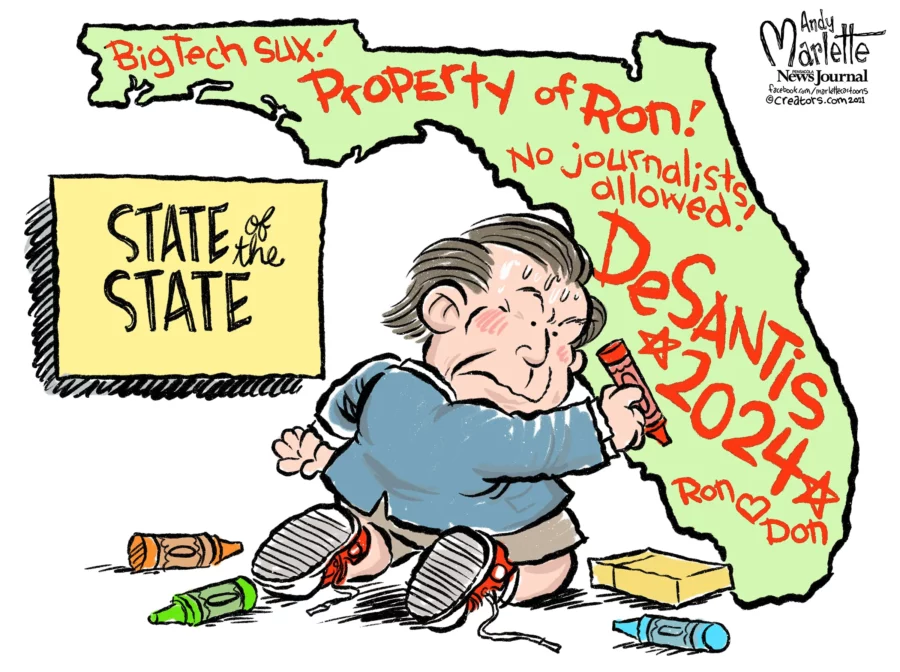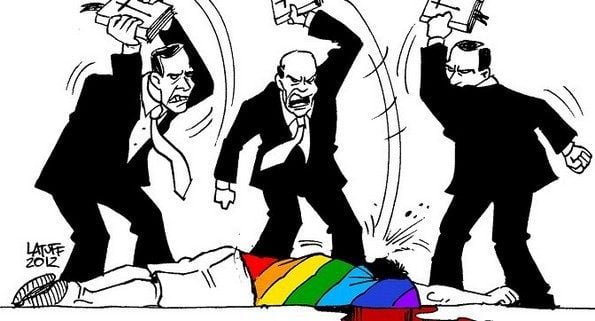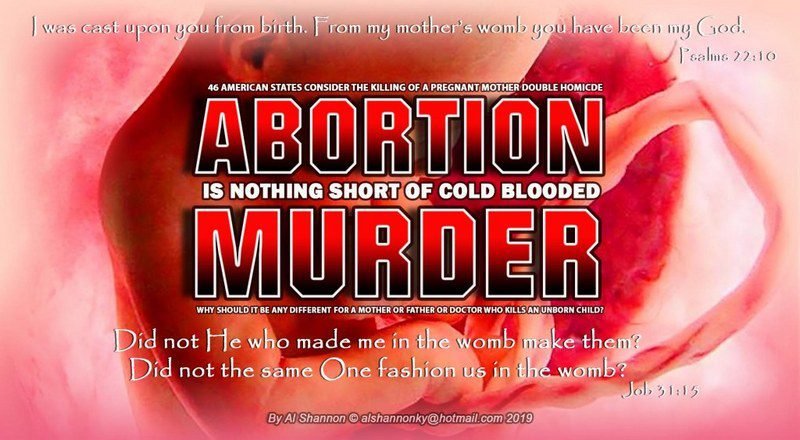
By Craig Pittman, Florida Phoenix
January 5, 2027
Dear Gov. DeSantis,
Congratulations! You made it to the end of your second term as governor of Florida. I think I speak for everyone when I say, “Phew!”
I know you didn’t want to hang around Tallahassee this long. But it turns out that saying “woke” 29 times in a 40-word sentence is not much of a national platform. Once your presidential campaign nosedived to oblivion the way every other Florida governor has (Askew, Graham, Bush, even Claude Kirk), you had to come back here and stick it out.
I know the last three years haven’t been easy for you. Once all the other Florida politicians figured out you weren’t going to the White House, they stopped bending over backward for you.
That was especially true for the folks whose priorities you’d vetoed. Still, I thought it was rude of them to slip that line into the budget that allows Disney to garnish your wages to pay off that million-dollar judgment against the state.
Meanwhile, the voters have been in an open revolt, to the point of circulating petitions to change the state constitution to allow a recall vote of elected officials. The drive really picked up steam when the organizers dubbed it the “Ditch DeSastrous” measure, but by then you’d nearly completed this second term.
There was even an abortive attempt to mount an insurrection at the Governor’s Mansion, led by members of your own Florida State Guard who were upset that you’d failed to pay them. They were unhappy to learn you’d spent their salary money on the high-priced attorneys you’d hired to defend all your unconstitutional laws.
I’m sure you’re wondering where everything went wrong. How did you fall from being reelected in 2022 by a 19-point margin to being less popular than Sen. Rick Scott, once labeled the least popular man in Washington.
Looking back, I think I‘ve spotted the turning point. It happened on June 29, 2023. Do you remember? About six months into your second term. That was the day when you, with no fanfare whatsoever, signed into law SB 718.
Here was the headline on the FloridaPolitics.com website: “Gov. DeSantis signs measure banning local voter referendums on land development.”
“Voters will soon have little say in how the areas around them change through construction large and small, due to legislation Gov. Ron DeSantis just approved,” the story reported.
You probably didn’t think much about this bill before you “quietly signed the measure just before 6 p.m.” It was just another favor for your pals in the development industry, long your strongest financial supporters.
You must have figured it was no different than that $92 million I-95 interchange to help your buddy Mosi Hosseini’s development near Daytona Beach. (By the way, have you figured out yet how to take Hosseini’s golf simulator with you when you leave office?)
But this favor was much, much bigger. It turned out to be a major tipping point for Florida — and thus, for you.
You may be wondering why I zeroed in on this bill. You certainly signed other dopey legislation that year.
There was the bill approving “radioactive roads” to benefit the phosphate industry, for instance. And there was the one pausing for a year any new bans on summer fertilizer use even as toxic algae blooms spread in waterways around the state.
Your approval of the so-called “sprawl bill” got the most attention from the environmental community. Remember that one? The one about how big developers could collect attorneys’ fees from any citizens who dared to challenge their projects? Friends of the Everglades called it “the worst environmental bill passed by the Florida Legislature during the 2023 session” and “a death knell for smart growth in Florida.”
Some of your vetoes sure seemed like the opposite of smart, too, such as the one that rejected a bipartisan bill for buying electric vehicles for the state’s fleet. The veto only made sense in the context of your repeated advocacy of the fossil fuel industry, thanks to its well-known penchant for major campaign contributions.
But this bill, SB 718, had such a troubled history that your staff should have warned you to treat it like those Portuguese men o’war that wash up on the beach from time to time: Look but don’t touch!
Originally it was filed by Sen. Ana Maria Rodriguez, who just happens to be senior vice president for government affairs for the Miami Association of Realtors, the nation’s largest Realtors’ association. In other words, she’s as close to the development industry as Darth Vader was to Emperor Palpatine.
So, it was Sen. Rodriguez, R-Dark Side — er, excuse me, Doral — who first proposed ending the voters’ ability to change land-use regulations in a bill labeled SB 856. When she filed that bill, it was referred to three different committees: Community Affairs, Judiciary, and Rules.
Her bill never made it out of its first committee — thanks to Sen. Rodriguez.
“Bill banning public votes on local land use yanked amid lack of support,” FloridaPolitics.com reported.
Yes, it’s ironic that a bill to ban voting didn’t make it to a vote. Why did the sponsor pull the bill? Because the committee’s chair was absent. Without that one vote, “it wasn’t going to pass,” Rodriguez said.
That should tell you a lot about this measure that critics were calling the “protect developers from citizens” bill.
Another indicator: One of its loudest supporters was Ocala Sen. Dennis Baxley. He counts among his accomplishments sponsoring both the “Stand Your Ground” law and the “Don’t Say Gay” law, two of the most dysfunctional measures in Florida history.
Baxley also wants to keep Confederate memorials and blocked the construction of a slavery memorial, which gives you an idea of which side of history he’s on. I bet as a kid, when he watched Bugs Bunny cartoons, he rooted for Yosemite Sam.
Baxley called the Rodriguez bill “perfectly appropriate,” because, he said, it “takes people out of a situation (where they’re voting) on something they have no idea what they are voting on half the time, when you throw something that massive on the ballot.”
In other words, Baxley contended that Florida voters are much too stupid to be trusted with anything important. Perhaps he was thinking that that’s how someone like him was elected.
Rodriguez said then that she’d probably bring her bill back at the next committee meeting, but she didn’t. The bill she’d sponsored died, but its provisions moved on. She’d implanted them in a different bill, not unlike the alien in the movie “Alien.”
She slid it into a bill sponsored by Sen. Clay Yarborough, R-Jacksonville. You may recall he also sponsored that idiotic anti-drag show bill you signed that was almost immediately struck down by a federal judge as unconstitutional after a challenge by Hamburger Mary’s.
The Yarborough version of the Rodriguez bill is what finally passed, and that’s what you very quietly signed. Which you should deeply regret.
These land-use referendums weren’t common before you signed that bill, but they sure were important.
A few small communities, like Key Biscayne, had the referendum requirement written into their charters, which meant they had to adapt to state law altering what they were accustomed to. In other communities, though, they were optional — and crucial.
In 2006, for instance, a referendum in Ormond Beach limited building heights to 75 feet, with no exceptions. The referendum drive came from a group called Citizens and Neighbors Devoted to Ormond, or CAN DO for short.
In the runup to the vote, CAN DO was outspent 25-to-1 by an anti-referendum alliance between the city and developers. But CAN DO’s name was like a prophecy. The height limit passed by a margin of nearly 60 percent to 40 percent.
From a land-use planning standpoint, those referendums are, in the words of Jane West of the smart-growth organization 1000 Friends of Florida, “the option of last resort.”
In other words, they were sort of like dropping the atomic bomb. Just knowing it was possible could be a deterrent.
Take what happened in Venice, for instance.
In 2022, the Venice City Council passed 600 pages of new land-development regulations that made developers happy and a lot of the citizens mad.
Five people calling themselves Venice United organized a petition drive to vote on repealing the new regs. The five did this, one of them told the Sarasota Herald-Tribune, because “city council pushed this through without listening to the voters.”
Within six months, Venice United had rounded up the necessary 2,228 signatures from registered voters to put the matter on the ballot.
By then, n-n-nervous city officials were ready to work out a compromise. The council did NOT want Venice United to drop that bomb on them.
By May 2023, the council had approved a settlement with Venice United without ever scheduling that referendum vote. The threat had done its work.
“Your voters are passionate about preserving what makes Venice special,” the leader of Venice United, Frank Wright, said then.
That’s what this bill you signed in 2023 killed. In effect, you approved the nuclear disarmament of Florida’s citizens.
Well, you know what happened after that.
Local governments around the state were already inclined to say yes to most anything developers demanded to avoid facing a Bert Harris Act lawsuit. Once they no longer had to fear a voter revolt like the ones in Ormond Beach and Venice, they became even more eager to please the big-money boys.
And there was nothing that upset citizens could do about it. You’d robbed them of their last defense.
The result was easy for West to predict when we talked a week after you signed the bill:
“It was one more step where the Legislature was taking away from the citizens having any control over their communities,” she told me in July 2023
But Florida has a finite amount of developable land and a finite amount of clean water, she pointed out. As a result, she said, “basic market forces are going to start driving the conversation.”
With no one able to say no to development, or to at least hold it to acceptable limits or steer it to acceptable areas, “the whole thing’s going to snowball into one big mess,” she said back then.
Thus, as development ran amok, we wound up with crisis after crisis over the past three years.
We’ve seen maddening traffic gridlock on even smaller roads. The frequency of road rage incidents exploded, including several involving colliding golf carts in The Villages.
School campuses are now full of portable classrooms trying to handle the overflow of students, even at the voucher-fueled charters and religious schools.
Sewer plants started breaking down more frequently. Their repeated spills fueled more and worse algae blooms and fish kills which then drove away tourists who wanted to go fishing or boating. Disney and the other theme parks have continued attracting visitors, but a lot of the other places that depended on tourist money are struggling.
Meanwhile, facing unprecedented demand, a lot of water systems ran out. That’s the point at which the developers revived that 20-year-old Council of 100 idea of transferring water from places where it’s abundant to places where it’s not.
You went along with them, as usual. But the folks in North Florida fought back by forming volunteer militias to guard their springs against anyone stealing the water.
And that’s when people started burning you in effigy, sabotaging construction equipment, and using your campaign merchandise as projectiles to throw at public hearings. Those gubernatorial golf balls really did some damage, too!
You tried distracting everyone with more of your culture war “Ya Got Trouble in River City” song-and-dance routines, but it didn’t work anymore. Everybody was too mad. You ended up hiding in the mansion like you were on a one-man COVID lockdown.
Meanwhile, as resources started to run short, that’s when your push to make guns easier for everyone to carry turned out to be a really bad idea. The crime rate skyrocketed. And with no training requirement anymore, everyone’s aim was really bad!
You dispatched your underpaid Florida State Guard to help out several cities in chaos (only the ones with Republican mayors, of course). But the first time someone took a shot at them, they retreated faster than the Arctic ice sheet facing climate change.
On the plus side, though, Carl Hiaasen had a lot of material for his 2025 Florida novel, “Apocalypse Wow!” People really love the climax where Skink kicks your butt. I hear he’s already working on a sequel.
Anyway, that’s my analysis of where your administration took its most crucial wrong turn. As any student of government could tell you, you can’t close off EVERY avenue of legal protest, or people will turn to illegal means to fight back.
That’s what happened here, and if you hadn’t been distracted by your ill-fated presidential campaign, you might have spotted the danger.
Maybe next week, when you start your new gig hosting “The Anti-Woke Hour with Ron DeSantis” on Fox News, you can warn other politicians not to make the same mistake and underestimate the need for letting citizens have their say.
I mean, assuming anyone’s awake and watching you at 3 a.m.
Bruce Gerencser, 68, lives in rural Northwest Ohio with his wife of 47 years. He and his wife have six grown children and sixteen grandchildren. Bruce pastored Evangelical churches for twenty-five years in Ohio, Texas, and Michigan. Bruce left the ministry in 2005, and in 2008 he left Christianity. Bruce is now a humanist and an atheist.
Your comments are welcome and appreciated. All first-time comments are moderated. Please read the commenting rules before commenting.
You can email Bruce via the Contact Form.








